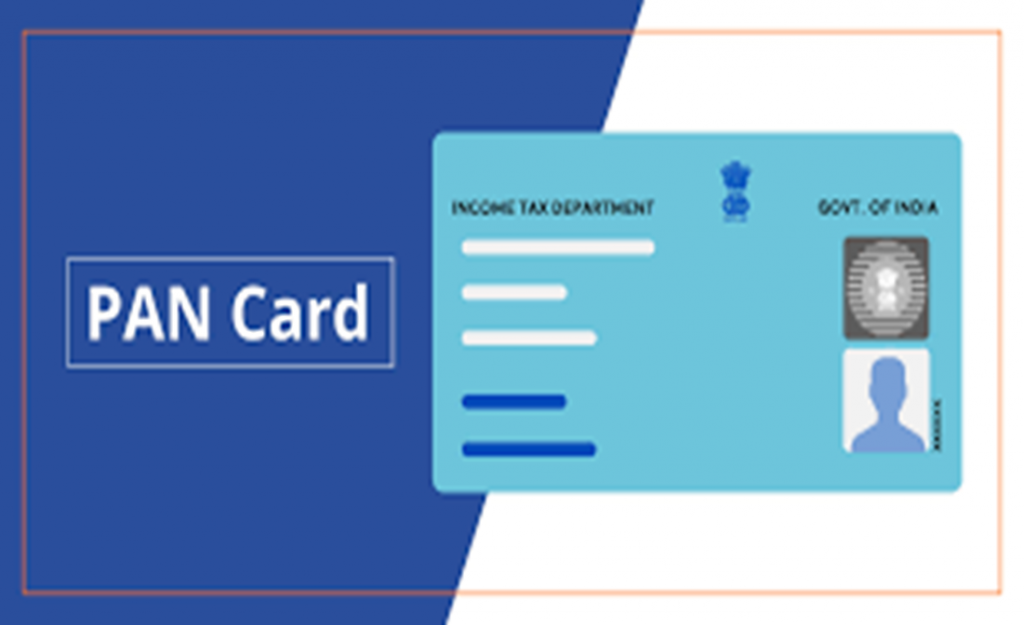
How to apply PAN card for a Company?
- INTRODUCTION
A business entity is required to secure various registration and licenses in order to set up its businesses in India. This chapter deals with the list of Mandatory as well as Additional Registration requirements and the Licenses along with their detailed procedures, in order to apprise the readers on the hassle free process of setting up of business in India.
- Mandatory Registration
A permanent account number (in short called as PAN) is a vital document for any taxpayer. It is a 10-character alphanumeric number consisting of letter and digits. PAN card requirements are detailed in the Income Tax Act of 1961. This number is unique to each cardholder and helps identify the income tax payer. It is required for individuals, partnerships and companies. It also serves as an identity proof from a large number of purposes.
Any corporate body doing business in India requires a PAN card whether it is registered in India or abroad. Equally, an individual or entity which is engaged in a business with an Indian firm/entity requires a PAN card. It is also required for anybody who is involved in generating money out of India whether the company is registered, or has a permanent establishment, or an office in India. Given below is a list of the bodies that are required to hold a PAN card in India.
Body Corporate
• Companies
• Firms other than LLP
• One Person Company
• LLP Firm
• Sole proprietorship
• Trusts
• Corporations
• Limited Liability companies
• Private firms
• Other Associations
• Foreign Institutional Investors
• Hedge funds
Significance of PAN for Setting up of Business
Some of the reasons confirming the significance of holding a PAN for every business entity are listed below:
• It was made mandatory by the Government of India under the Income Tax Act, 1961. The Act was subsequently amended and Section 206AA, as inserted in 2009 by the Finance Act, now mandates all foreign parties that provide or generate payment to a counterpart in India to provide their PAN. This includes not only individuals but also incorporations, companies, limited companies and any other form of entity. Lesson 13 n Various Initial Registrations and Licenses 267
• In the absence of the PAN, the Government will charge withholding tax which can be at the rate of more than 30% of the total invoiced payment.
• It serves as a reference number of its holder for the Income Tax Department to track the financial transactions carried out by it. In respect of certain transactions, the person is now required to quote his PAN as also deposit certain income tax documents.
• Even if one is not required to pay income tax, it is mandatory for him to hold a PAN if he is earning money.
• Companies, regardless of whether they are registered abroad or in India, are required to pay tax for businesses carried out in India. Without the PAN, the government has the mandate to deduct tax at the highest possible rate.
• PAN is required and thus helps an individual to pay for his invoices, remittances, and is also required to be mentioned in the income tax return.
• Just like individuals, companies are required to provide their Tax Registration Number (TRN) to whomever is paying them. A TRN can be obtained only when the company holds a PAN
Application and Registration of PAN
The PAN (Permanent Account Number) card is an important document for conducting even the most simplest of financial transactions like opening a savings bank account or applying for a debit/credit card.
It is a 10-digit alphanumeric identity allotted by the income tax department to an individual, company or Hindu Undivided Family (HUF). Earlier, to apply for a PAN, an individual had to fill up physical forms specified by the income tax department (i.e., form 49A for resident individual) and provide supporting documents as proof of identity, address and date of birth.
In the present times, the application for allotment of PAN can be made through internet. Further, requests for changes or correction in PAN data or request for reprint of PAN card (for an existing PAN) may also be made through internet.
Online application can be made either through the portal of NSDL (https://tin.tin.nsdl.com/pan/index.html) or the online portal of UTITSL (https://www.utiitsl.com/UTIITSL_SITE/pan/index.html).
With effect from July 1, 2017, fees for PAN application (including Goods and Services Tax) for dispatch outside India has changed to 1020/- INR. However, PAN application fees for dispatch within India is 110/- INR. Once the application and payment is accepted, the applicant is required to send the supporting documents through courier/post to NSDL/UTITSL.
Only after the receipt of the documents, PAN application would be processed by NSDL/UTITSL. With effect from April 08, 2012, PAN applications are required to be furnished in the new forms prescribed by ITD.
Indian citizens will have to submit their ‘Application for allotment of new PAN’ in revised Form 49A only.
Foreign citizens will have to submit their ‘Application for allotment of new PAN’ in newly notified Form 49AA only.
For New PAN applications, in case of Individual and HUF applicants, if Address for Communication is selected as Office, then Proof of Office Address along with Proof of residential address is to be submitted with NSDL in respect of applications made on and after 1st November 2009.
As per RBI guidelines, the entities making e-commerce transactions are required to enter their PIN (Personal Identification Number) while carrying out an online transaction.
Accordingly, before making payment for online PAN/TAN applications using credit/debit card, please ensure that the PIN is obtained from your respective Banks.
0 Comments